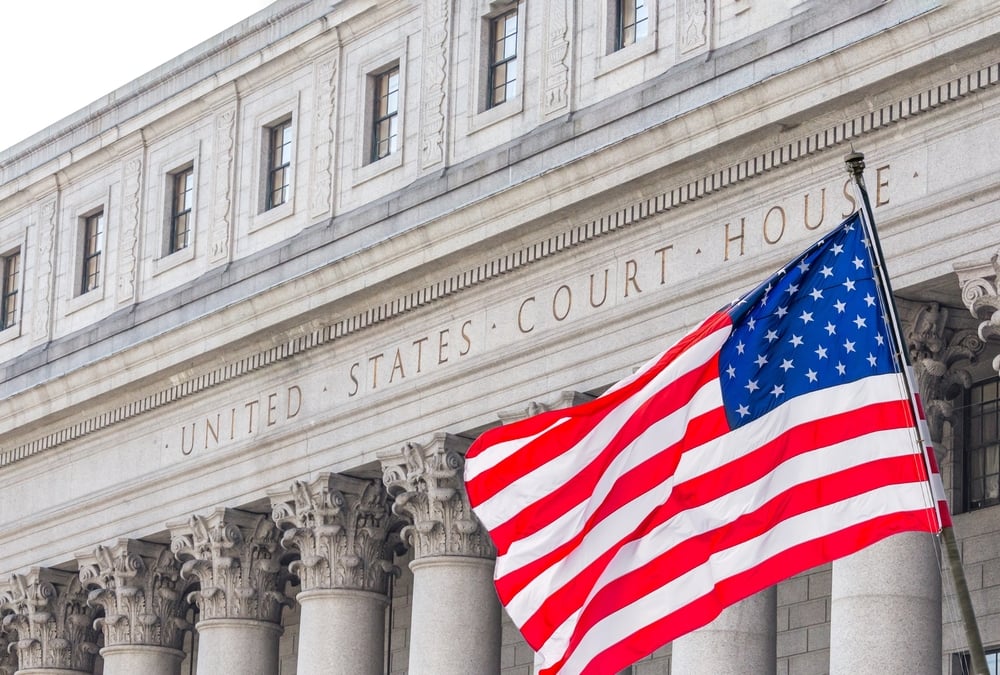Federal courts across the United States are struggling under an escalating caseload, with the judiciary facing a significant shortage of judges amid a surge in litigation. Despite a dramatic increase in cases over the past decades, Congress has not passed comprehensive legislation to expand the number of federal judges since 1989.
The American population has grown by 80 million since the last judicial expansion, and filings in U.S. district courts have risen by over 30%. Currently, there are more than 724,000 pending cases being managed by a federal trial bench of 677 judges, with around 40-50 positions currently unfilled. This represents a 72% increase in pending cases over the last decade, a period during which no new district court seats have been created.
Judge Mary Scriven, a federal judge in Tampa, Florida, highlighted the strain this shortage places on the judiciary. “We really are pressed to get all of the work done that litigants demand of us, and it affects the quality of the justice that they receive,” Scriven told CNN.
The situation is exacerbated by the fact that senior judges, who have helped manage the additional workload, are retiring or reducing their caseloads, further stretching the remaining active judges. Judge Timothy Corrigan, chief judge of the U.S. District Court for the Middle District of Florida, described the relentless workload. “You’re issuing opinions, you’re having trials, you’re doing what you’re supposed to be doing, but as soon as you finish one thing, there’s five others that need your attention. It never stops,” Corrigan said.
Legislation to address this issue, known as the JUDGES Act or the “Judicial Understaffing Delays Getting Emergencies Solved” Act, has been approved by the Senate without opposition. The bill proposes creating 66 new judgeships, 63 of which would be permanent, in the most overburdened court districts. The bill’s supporters argue that this expansion is essential for maintaining fair and efficient judicial processes.
However, the House of Representatives faces challenges in passing the bill. With limited floor time, a focus on pre-election messaging, and a looming government shutdown, the bill’s passage remains uncertain. The bill’s proponents, including Sen. Todd Young and Sen. Chris Coon, are advocating for its swift consideration in the House.
Rep. Hank Johnson, a co-sponsor of the House version, expressed doubts about the bill’s immediate prospects, suggesting that it may be more realistic to pass it during the lame-duck session after the election.
If the JUDGES Act is not enacted, the federal court system may face worsening delays and reduced quality of justice. Judge Kimberly Mueller, chief judge of the Eastern District of California, warned that the lack of sufficient judges impacts the timely resolution of cases, with criminal defendants potentially facing extended pre-trial detention and civil litigants pressured to settle cases prematurely.
The bill’s supporters continue to push for action, emphasizing the need for timely judicial expansion to alleviate the burdens on an overstretched federal judiciary.










